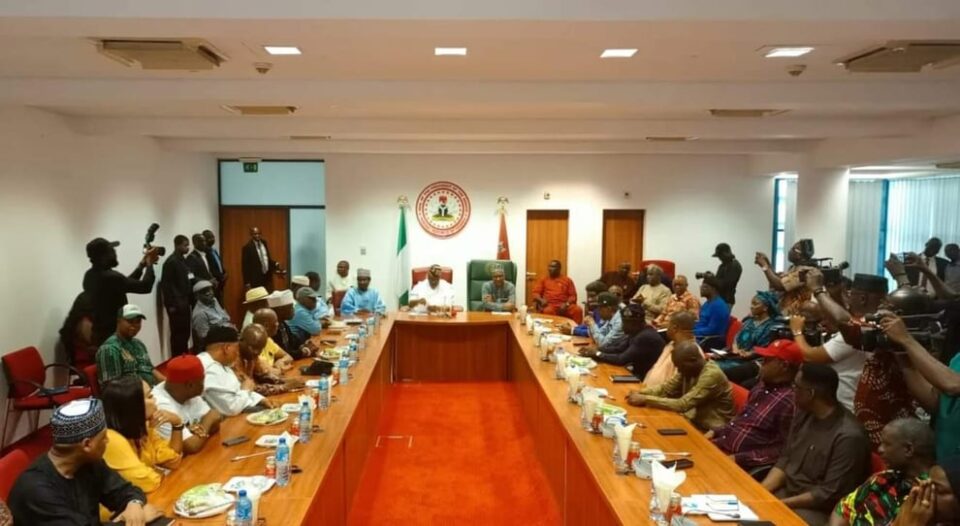The Federal Government has restated its dedication to expanding Chinese language education in Nigeria, recognizing its significance in strengthening international cooperation.
During the International Chinese Language Day celebration held in Abuja on Friday, Larai Ahmed, Director of Education Support Services at the Federal Ministry of Education, emphasized the growing importance of Chinese as a global language and its role in enhancing Nigeria-China relations.
Ahmed noted that understanding the Chinese language could boost Nigeria’s engagement in trade, education, and cultural collaboration with China. “Language plays a crucial role in fostering mutual respect and communication among nations,” she said.
She highlighted that Chinese, with over 1.3 billion native speakers, is the most widely spoken language in the world, and proficiency in it can unlock new opportunities, especially in areas of commerce and diplomacy.
According to her, the Nigerian government is committed to developing educational frameworks that include Chinese language instruction in schools and universities across the country. She cited the China Cultural Centre in Abuja as one of the efforts already in place to promote Chinese learning.
“This centre, and others like it, are key to equipping Nigerians with the tools needed to learn the language and appreciate Chinese heritage,” Ahmed added.
She also pointed to the bilateral educational agreement between Nigeria and China, which has enabled Nigerian students to study Chinese language and culture abroad.
“This partnership continues to open doors for academic and professional development,” she said, adding that more schools would soon begin offering Chinese language programs to help students thrive in an increasingly globalized world.
Ahmed expressed appreciation for the support from Chinese institutions and partners in driving this initiative.
Also speaking at the event, Liu Zhanping, Deputy Director of the China Cultural Centre in Nigeria, described language as an essential part of cultural identity. He said the centre, established in 2013, has played a major role in offering Chinese language courses to Nigerians.
Liu praised Nigeria’s rich linguistic diversity and encouraged greater efforts to preserve indigenous languages alongside promoting foreign language skills. He identified Hausa, Igbo, and Yoruba as globally significant and urged support for bilingual education to maintain cultural balance.


